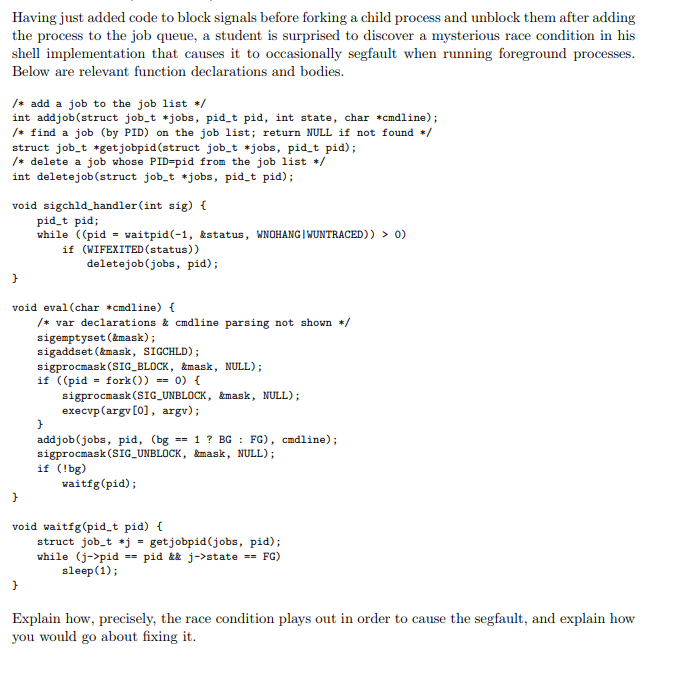

Given to every node) or stop and rename nodes one at a time (in whichĬase each node only needs to be told how its own name is changing).įor example, this command will rename the to the If node name is configured e.g. Simultaneously (in which case old and new names for all nodes must be It is possible to stop all nodes and rename them all You must specify the oldĪnd new names for this node and for any other nodes that are stopped and Representing the old and new names for nodes. This subcommand takes an even number of arguments, in pairs The localĬluster node must therefore be completely stopped other nodes can be Temporarily become the node in order to make the change. Supports renaming of cluster nodes in the local database. You can also remove nodes remotely with theįor example, this command instructs the RabbitMQ node to joinĬlustering guide. Node it will attempt to connect to the nodes that were in the cluster If you wish to createĬommand, whenever the RabbitMQ application is started on the current A cluster mustĪlways have at least one disc node, and usually should have more than adding/removing queues, exchanges, or bindings). RAM nodes are more performant only when managing resources Persistent or too big to fit in memory) and are mainly used for RAM nodes replicate data in RAM only (with theĮxception of queue contents, which can reside on disc if the queue is Replicate data in RAM and on disc, thus providing redundancy in theĮvent of node failure and recovery from global events such as powerįailure across all nodes. withĬluster nodes can be of two types: disc or RAM. RabbitMQ application must have been stopped, e.g. Before clustering, the node is reset, so beĬareful when using this command. Instructs the node to become a member of the cluster that the Use only if you understand why exactly you need to ram If provided, the node will join the cluster as a RAM node. You should use this command on the latest node to shut down if at allįor example, this command will remove the from the -n join_cluster seed-node seed-node Existing cluster member (seed node) to cluster with.

which queues exist), even if it was not before. In this case the node will become the canonical source for cluster This is useful if the node cannot be started normally. Node as normal instead it will temporarily become the node in order to Rabbitmqctl will not attempt to connect to a Removed must be offline, while the node we are removing from must be It should not be used in any other circumstances since it
#Pid codes list Offline
Situation where all the nodes are offline and the last node to go downĬannot be brought online, thus preventing the whole cluster from offline Enables node removal from an offline node. Waits for the RabbitMQ application to start on the targetįor example, to wait for the RabbitMQ application to versionĭisplays CLI tools version Nodes await_startup command_name Prints usage for the specified command. list-commands List command usages only, without parameter explanation. Prefer using aĮnvironment variable instead of specifying this option on the command longnames Must be specified when the cluster is configured to use long (FQDN) nodeĬlustering guide -erlang-cookie cookie Shared secret to use to authenticate to the target node. t timeout, -timeout timeout Operation timeout in seconds. no-table-headers Do not output headers for tabular data. Table headers are suppressed when silent mode is in effect. Of "hostname -s" is usually the correct suffix to use afterĭetails of configuring a RabbitMQ node. Networking guide OPTIONS -n node Default node is Not authenticate to the target node successfully. Target node was not running, or rabbitmqctl could On a dedicated CLI tool communication port and authenticating using a sharedĭiagnostic information is displayed if connection failed, the It performs all actions by connecting to the target RabbitMQ node Rabbitmqctl is the main command line toolįor managing a RabbitMQ server node, together with RabbitMQ is an open source multi-protocol messaging broker. Tool for managing RabbitMQ nodes SYNOPSIS rabbitmqctl


 0 kommentar(er)
0 kommentar(er)
